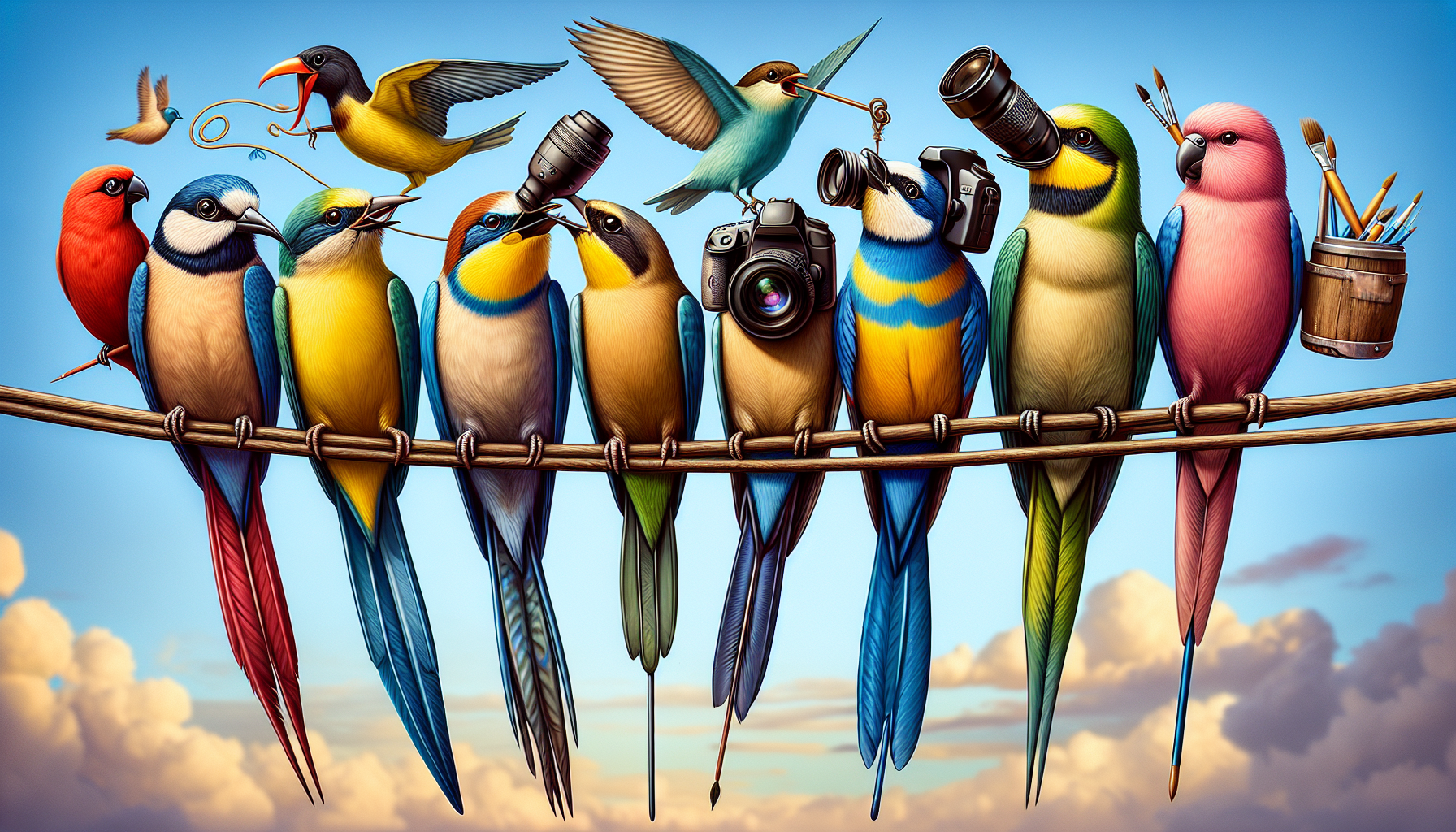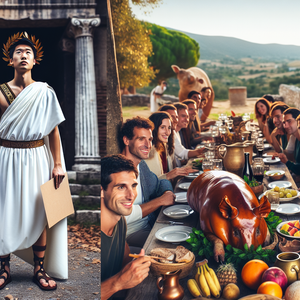The Economics of Gladiatorial Games: Profit from Bloodsport

Gladiatorial games emerged as a prominent form of entertainment in Ancient Rome during the late Republic and continued into the Empire. They were not only a display of martial prowess but also a means of securing political favor and social status. Wealthy individuals, known as lanistae, invested heavily in training and maintaining gladiators, turning the games into a profitable venture. The economic landscape surrounding the games was multifaceted, with various stakeholders involved in generating and redistributing wealth.
Revenue Streams
1. Ticket Sales: The primary source of income for the games came from ticket sales. The Colosseum, for instance, could accommodate tens of thousands of spectators, each paying for a seat to witness the action. The price of admission varied based on the seating location, with higher prices for more desirable views. This influx of ticket revenue provided significant financial support to the organizers and the state. Historical estimates suggest that ticket sales could amount to thousands of denarii for a single game, highlighting the economic magnitude of these events. 2. Sponsorships and Patrons: Gladiatorial games were often sponsored by wealthy patrons who sought to gain political leverage or public favor. These sponsors, known as editor, funded the events in exchange for the opportunity to showcase their wealth and generosity. By hosting games, they not only gained popularity but also received valuable political endorsements, which could be translated into votes or support in the Senate. Such sponsorships were a strategic investment in a patronage system that rewarded those who participated in it. 3. Merchandise and Memorabilia: The games also generated income through the sale of merchandise, including weapons, armor, and memorabilia related to popular gladiators. Fans would purchase these items as tokens of their admiration, creating a secondary market that further enriched the sponsors. Items like miniature gladiator figurines and commemorative coins became popular, reflecting the commercial potential of the games beyond the arena itself. 4. Betting: The excitement surrounding the games fostered a thriving betting culture. Spectators would place wagers on the outcomes of fights, with bookkeepers taking bets and distributing winnings. This betting activity added another layer of financial complexity to the games, making them not only a source of entertainment but also a significant economic activity. Estimates suggest that the betting stakes could reach substantial sums, further intertwining the games with the economic fabric of Roman society.
Social Implications
While the financial aspects of gladiatorial games are compelling, they also reflect deeper social dynamics within Roman society. The games served as a means of social control, providing a distraction for the masses and reinforcing the power dynamics of the elite. As the games captivated public attention, they diverted focus from pressing social issues, such as inequality and political corruption. The phrase "bread and circuses" epitomizes this approach, illustrating how the state used entertainment to placate the populace. Moreover, the status conferred upon sponsors of gladiatorial games was immense. By funding these spectacles, they aligned themselves with the values of bravery and strength, qualities admired in Roman society. This created a cycle where wealth and power were amplified through the spectacle of violence, reinforcing existing hierarchies. The games became a tool for the elite to demonstrate their power, while simultaneously galvanizing the loyalty of the lower classes.
The economics of gladiatorial games in Ancient Rome reveal a fascinating interplay between entertainment, finance, and social dynamics. These events were far more than mere bloodsports; they were complex economic enterprises that generated substantial profits for sponsors, entertained the masses, and reinforced the social structure of the time. As we reflect on this aspect of Roman culture, we gain insights not only into their economic practices but also into the values and priorities of a society that found both glory and profit within the arena. The legacy of these games endures, reminding us of the intricate relationships between entertainment, economics, and societal norms that continue to resonate in modern times.
Cultural Economist
Cultural institutions, museums, universities, government agencies
Core Responsibilities
Analyze the economic impact of cultural events and historical spectacles, such as gladiatorial games, on local and national economies.
Develop strategies to enhance revenue streams for cultural organizations through sponsorship, ticket sales, and merchandise.
Conduct research on historical economic models and their relevance to contemporary practices.
Required Skills
Strong analytical skills to interpret economic data and cultural trends.
Proficiency in statistical software and economic modeling.
Excellent communication skills for presenting findings to stakeholders.
Event Marketing Manager for Historical Reenactments
Event planning companies, historical societies, cultural festivals
Core Responsibilities
Plan and execute marketing strategies for events that recreate historical spectacles, ensuring audience engagement and ticket sales.
Collaborate with sponsors and partners to secure funding and promotional deals.
Analyze market trends to attract diverse audiences and enhance event profitability.
Required Skills
Experience in event planning and marketing, particularly within the cultural or historical sectors.
Creative skills for developing compelling promotional materials.
Strong project management abilities to oversee multiple aspects of event logistics.
Historical Financial Analyst
Academic institutions, historical research organizations, think tanks
Core Responsibilities
Conduct in-depth analyses of historical financial practices, particularly in the context of entertainment and public spectacles like gladiatorial games.
Prepare reports detailing the economic implications of historical events and their relevance to modern financial theories.
Collaborate with historians and economists to create educational resources or publications.
Required Skills
Background in finance, economics, or history, with a focus on quantitative analysis.
Ability to synthesize complex information and communicate findings clearly.
Familiarity with historical research methodologies and tools.
Entertainment Sponsorship Coordinator
Event production companies, arts organizations, sports franchises
Core Responsibilities
Develop and manage relationships with sponsors for cultural and entertainment events, ensuring mutual benefits and visibility.
Create sponsorship proposals that outline potential returns on investment for sponsors.
Monitor and report on sponsorship performance to optimize future collaborations.
Required Skills
Experience in sales, marketing, or public relations, with a focus on sponsorship acquisition.
Strong negotiation skills and the ability to build rapport with corporate partners.
Understanding of the entertainment industry and audience engagement strategies.
Museum Curator of Ancient History
Museums, historical societies, educational institutions
Core Responsibilities
Curate exhibitions focused on ancient societies, including the economic and cultural significance of gladiatorial games.
Conduct research to collect artifacts and develop educational programs that engage the public.
Collaborate with educational institutions to promote awareness of historical economic practices.
Required Skills
Advanced degree in history, archaeology, or a related field with expertise in ancient cultures.
Strong organizational skills for managing collections and exhibitions.
Excellent writing and presentation skills for creating informative materials and leading tours.


